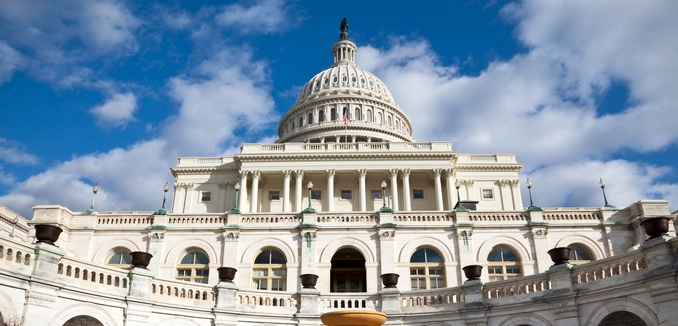Amid reports that a nuclear deal between the West and Iran is unlikely to be reached by tomorrow’s deadline, an editorial in The Washington Post today called on the Obama administration to consult Congress to help shape an effective deal.
In Washington, delay is also useful because President Obama has failed to convince congressional leaders of both parties that the settlement terms he has reportedly offered are sensible. The administration and its allies in the talks reportedly are prepared to allow Iran to preserve a substantial part of its nuclear infrastructure — including 4,000 or more centrifuges. A deal would also be time-limited, meaning all restrictions on Iran’s program would lapse on an agreed date.
While Mr. Obama may believe there are sound reasons for completing a deal on such terms, the White House has been showered with letters from Democrats and Republicans warning against any accord that leaves a substantial nuclear infrastructure in place or that expires in less than decades. Legislators are also rightly concerned about Iran’s failure to cooperate with an investigation by international inspectors on its suspected previous work on nuclear warhead designs, or to accept limits on its development of long-range missiles.
Though Mr. Obama could try to sidestep congressional disapproval of an agreement and use waiver authorities to unilaterally lift sanctions embedded in law, that would be an improper and probably unsustainable way to handle a grave matter of national security.
This call for a strong Congressional role is a sort of reversal from the Post‘s previous editorial stance. In an editorial published on November 8, the Post editorial board said that “In the case of Iran, legislators should move more carefully…Congress should avoid legislating new sanctions unless there is a breakdown in diplomacy.” A signed agreement presented at the conclusion of the Vienna talks would not count as a “breakdown in diplomacy,” but the Post now recommends that Congress take a role in shaping the future of America’s sanctions against Iran.
An analysis last week published by the Foreign Policy Initiative outlined three ways that Congress could influence the outcome of a nuclear deal with Iran. Growing numbers of legislators in both houses of Congress from both parties are demanding that President Obama consult with them over a final deal with Iran.
[Photo: Nicolas Raymond / Freestock.ca ]




